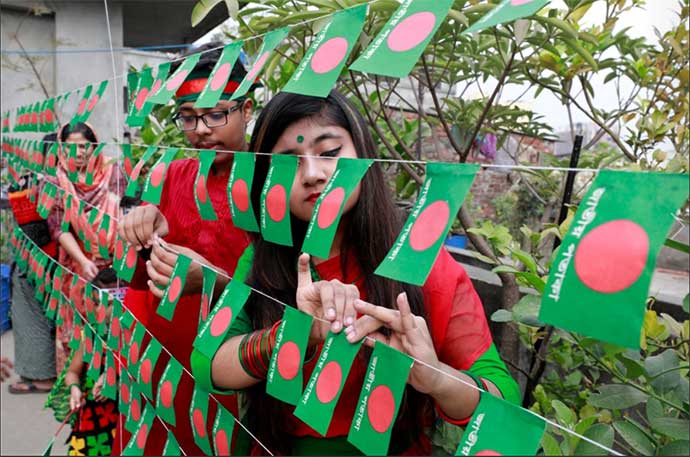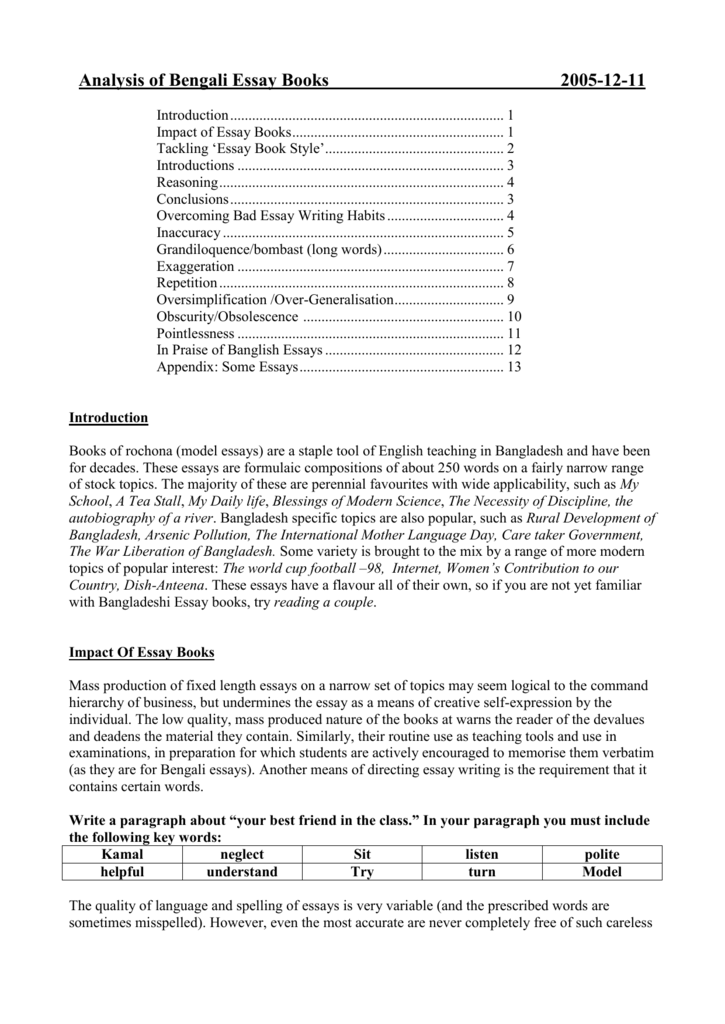

5 Since people in East Pakistan perceived themselves as a suppressed group with limited decision-making power, the Awami League with its liberation and self-determination rhetorics was regarded as the best representative of the nation’s interests. Unlike other politicians, such as Bhashani, the leader of the Awami League did not prioritize helping the victims of the cyclone over holding his political campaign. The situation was effectively used by Sheikh Mujibur Rahman, who ventured to openly criticize the Pakistani authorities and even accuse them of nonfeasance. The previously mentioned natural disaster gave momentum to the growth of the pro-autonomy movement. 4 Thus, the Bengali people’s discontent with the central government’s position grew progressively, and the state leader’s perceived indifference towards their losses further increased their willingness to become independent.īangladesh embarked on a path of getting independence from West Pakistan due to the East Pakistani leaders’ ability to make use of people’s growing dissatisfaction with the government’s work, thus gaining public support. The president’s reaction was recognized as a sign of insensibility to human suffering and, to some extent, became the last straw encouraging people in East Pakistan to stand up and demonstrate their unity and dignity. Despite the size of the natural disaster, he did not stay for at least a few days and left East Pakistan right after giving directions, thus causing the discontent of local people. 3 That day, Yahya Khan, the president of Pakistan, visited Dhaka on his way back from China to give instructions to the authorities. In November of 1970, East Pakistan was devastated by the Bhola tropical cyclone, one of the deadliest natural disasters ever. The paper argues that India’s participation in the conflict was the key factor allowing Bangladesh to become independent, whereas the East Pakistani people’s efforts to initiate change were not extremely successful.īefore the future Bangladeshi nation’s first attempts to declare the creation of an autonomous state, the authorities of West Pakistan had made multiple mistakes that exacerbated their relationships that were already strained enough. The secondary sources are presented by peer-reviewed articles and books covering different aspects of the Bangladesh Liberation War and India’s role in it. Anthony Mascarenhas’ Genocide is the reportage, in which the journalist attracted worldwide attention to brutal violence against the East Pakistani people. The primary sources include The Proclamation of Independence, in which the Mujibnagar Government expresses the will of the oppressed people in Pakistan. The research paper uses a combination of primary and secondary sources to delve into the factors that strengthened Bangladesh on its way to independence. In particular, it discusses India’s contributions to the liberation of Bangladesh and the role that natural disasters and violence against people in East Pakistan played in riots’ readiness for political change. Despite the absence of the military advantage, East Pakistan formed the guerrilla movement and, with the help of allied forces, became officially recognized as Bangladesh.Īs for the research question, this paper is aimed at studying the key factors that allowed Bangladesh to gain its independence from Pakistan in 1971.

To prevent the party from fulfilling its political ambitions and suppress popular uprisings, West Pakistan resorted to tactics of terror, including launching Operation Searchlight and attacks on prominent Bengali Leaders, such as Sheikh Mujibur Rahman.

2 In 1970, the Awami League, a political party supporting Bengalis’ autonomy, won the elections in Pakistan and was willing to create its power structure.

Despite having a common religion and the same government, people in the Eastern and Western wings used different languages (Bengali versus Urdu), had dissimilar nutritional habits, and were antagonists in terms of culture. 1 For many years, Bengali people were systematically denied their right to determine themselves as a separate nation and dealt with West Pakistan’s economic domination. Despite concerns voiced by Bengali people in East Pakistan, the country’s authorities refused to reconsider its territorial boundaries concerning linguistic and cultural diversity. The Bangladesh Liberation War that took place in 1971 is an example of a massive conflict leading to territorial and political changes.


 0 kommentar(er)
0 kommentar(er)
